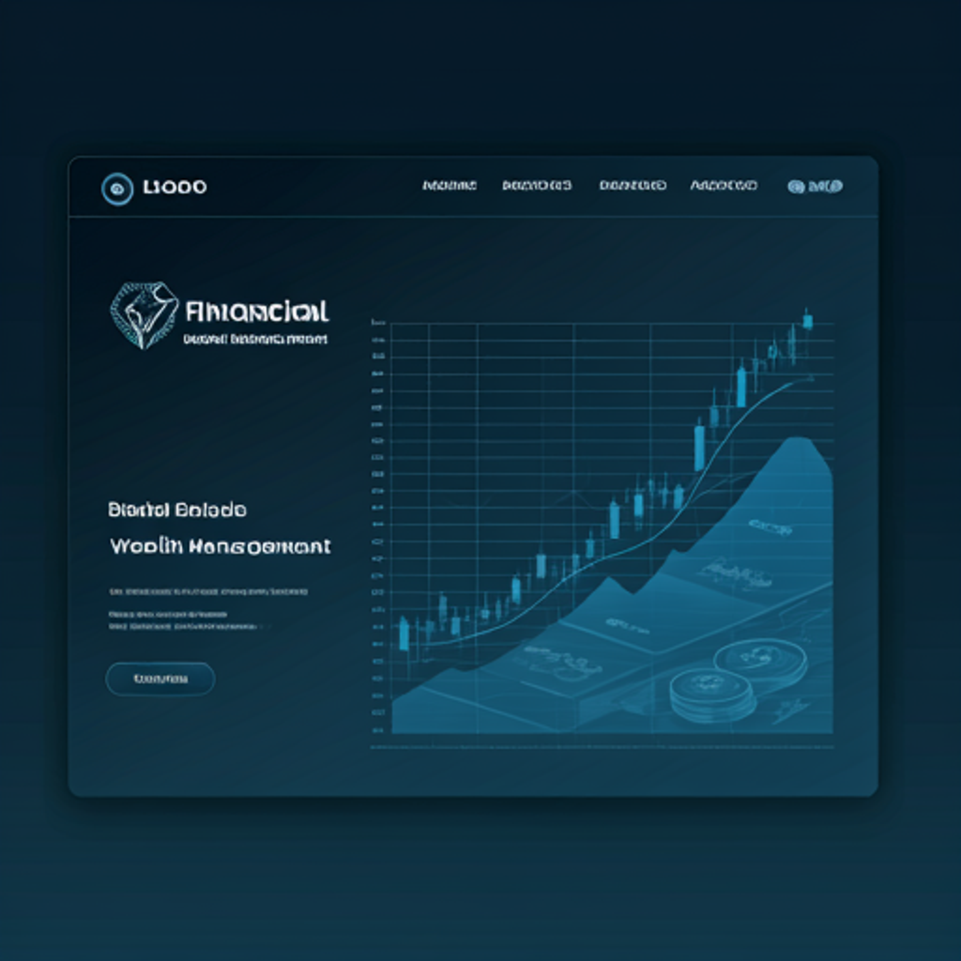Introduction to Wealth Management in the Cryptocurrency Era
The Evolution of Wealth Management
Wealth management has undergone significant transformation with the rise of cryptocurrency. Traditional investment strategies are now being challenged by digital assets. This shift requires financial advisors to adapt their approaches. Many clients are seeking exposure to cryptocurrencies as part of their portfolios. This trend reflects a broader acceptance of digital currencies in mainstream finance.
Key factors driving this evolution include:
Advisors must now consider how to integrate these assets effectively. This integration involves understanding the unique risks associated with cryptocurrencies. It is essential to stay informed about regulatory changes. The landscape is rapidly evolving. Are you ready to embrace these changes?
Impact of Cryptocurrency on Traditional Wealth Management
Cryptocurrency has significantly influenced traditional wealth management practices. He must now navigate a landscape that includes digital assets. This shift has prompted a reevaluation of risk assessment methodologies. Many advisors are integrating cryptocurrencies into diversified portfolios. This integration can enhance potential returns.
Key considerations include:
He should remain vigilant about market trends. Staying informed is crucial for effective management. The financial world is changing rapidly. Is he prepared for these challenges?
Understanding Client Needs in a Digital Age
Shifts in Client Demographics
Client demographics are evolving rapidly in the digital age. He must recognize the diverse needs of younger investors. Millennials and Gen Z are increasingly interested in alternative investments. This shift is driven by their comfort with technology and digital currencies.
Advisors should consider the following factors:
Understanding these preferences is essential for effective engagement. He should tailor his strategies to meet these expectations. The financial landscape is changing. Is he ready to adapt?
Changing Investment Preferences and Risk Tolerance
Investment preferences are shifting significantly among clients today. He must understand that younger investors often favor high-growth opportunities. This demographic tends to exhibit a higher risk tolerance. They are more willing to embrace volatility in pursuit of substantial returns.
Key factors influencing these changes include:
Moreover, many clients prioritize ethical considerations in their investments. He should recognize that this trend reflects broader societal values. Understanding these dynamics is crucial for effective portfolio management. Is he prepared to adjust his strategies?
Integrating Cryptocurrency into Wealth Management Strategies
Asset Allocation and Diversification
Integrating cryptocurrency into wealth management strategies requires careful asset allocation. He must consider the unique characteristics of digital assets. Cryptocurrencies can offer high potential returns but also come with significant volatility. This volatility necessitates a balanced approach to diversification.
Key considerations include:
By incorporating cryptocurrencies, he can enhance portfolio performance. However, it is essential to maintain a diversified approach. This strategy mitigates risks associated with market fluctuations. Is he ready to embrace this new asset class?
Tax Implications and Regulatory Considerations
Integrating cryptocurrency into wealth management strategies involves understanding tax implications. He must recognize that cryptocurrencies are treated as property by tax authorities. This classification means that capital gains taxes apply to transactions. Each sale or exchange can trigger a taxable event.
Key considerations include:
Additionally, regulatory frameworks are evolving rapidly. He should stay informed about changes in legislation. Compliance is essential to avoid penalties. Is he aware of his obligations?
Technological Innovations Shaping Wealth Management
Blockchain Technology and Its Applications
Blockchain technology is revolutionizing wealth management through enhanced transparency and security. He must understand that this decentralized ledger system allows for real-time transaction tracking. This capability reduces the risk of fraud and increases trust among stakeholders.
Key applications include:
Moreover, blockchain can streamline compliance processes. He should recognize that this technology simplifies regulatory reporting. It can also lower operational costs significantly. Is he ready to leverage these innovations?
Robo-Advisors and AI in Cryptocurrency Investment
Robo-advisors and AI are transforming cryptocurrency investment strategies. They utilize algorithms to analyze market trends and optimize portfolios. This technology enables personalized investment recommendations based on individual risk profiles.
Key benefits include:
Additionally, these tools can quickly adapt to market changes. He should consider the efficiency they bring to decision-making. Are these innovations suitable for his needs?
Future Trends inwards Wealth Management
Emerging Investment Opportunities
Emerging investment opportunities are reshaping the wealth management landscape. He must pay attention to sectors like renewable energy and biotechnology. These industries are experiencing rapid growth due to technological advancements and societal shifts.
Key areas to consider include:
Additionally, alternative assets such as art and collectibles are gaining traction. He should recognize the potential for diversification in these markets. Understanding these trends is crucial for future success. Is he prepared to explore these opportunities?
Preparing for Market Volatility and Economic Changes
Preparing for market volatility requires a proactive approach. He must diversify his investment portfolio to mitigate risks. This strategy involves allocating assets across various sectors and asset classes.
Key strategies include:
Additionally, staying informed about economic indicators is essential. He should monitor interest rates, inflation, and geopolitical events. These factors can significantly impact market performance.
